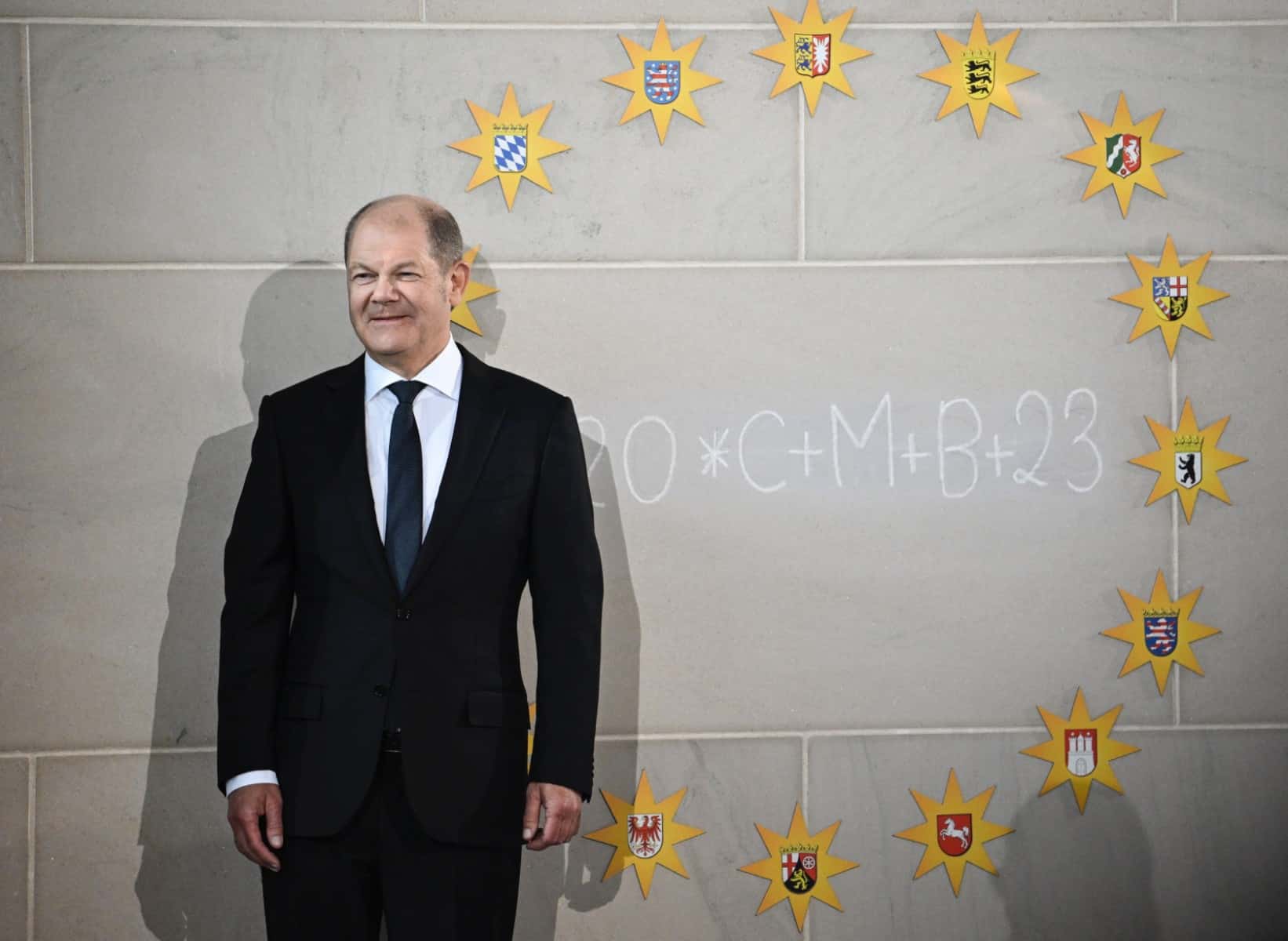BAGHDAD, IRAQ – Iraq’s Prime Minister Mohammad Shia al-Sudani left Thursday for Berlin to meet with German Chancellor Olaf Scholz and discuss projects to address chronic power shortages, the premier’s office said.
Despite its oil riches, Iraq is beset by crumbling infrastructure, endemic corruption and decades of war.
Dependent on its powerful neighbor Iran for much of its energy needs, Baghdad seeks to diversify its sources of gas and electricity supply.
Sudani, in power since October, will be received Friday “with military honors at the Federal Chancellery at 1:00 pm (1200 GMT)”, said German government spokesman Steffen Hebestreit.
The two leaders are expected to discuss “bilateral and regional issues”, he added.
Sudani expects to sign a memorandum of understanding with German firm Siemens Energy that would pave the way to the “rehabilitation and maintenance” of Iraq’s power grid, the Iraqi prime minister’s press service said in a statement.
It described it as a “promising plan for developing the electricity sector… in the field of production, transmission and distribution”.
Regular power outages last between four and 10 hours a day, putting a strain on Iraq’s 42 million inhabitants, nearly one-third of whom live in poverty, according to the United Nations.
Wealthier Iraqis resort to using generators.
Last month Sudani met with Italy’s Prime Minister Giorgia Meloni in Baghdad, calling for closer economic ties including in the energy sector.
In Berlin, Sudani also intends to raise the issue of the highly polluting practice of gas flaring, the statement said.
The government seeks to eliminate gas flaring, a precursor to oil extraction, which contributes to global warming.
The United Nations says Iraq is one of five countries most exposed to some impacts of climate change.
Captured and treated, flared gas could help address Iraq’s chronic power shortages.








